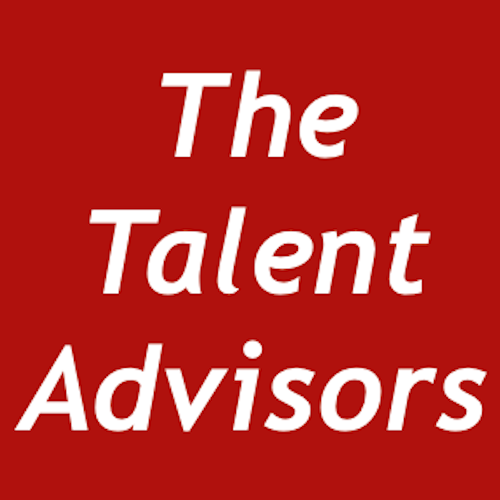10 COACHING TIPS FOR YOUR BOARD APPLICATION
This article is part of our Insights For Action series. Join the mailing list to receive this and more.
Many executives put together a Board CV and cover letter that undermines their credibility as a potential director.
Board resume and cover letter writing requires the ability to objectively assess what is relevant, which experiences should be linked to build a ‘story’ regarding a particular capability, why an application may be rejected and how to match your background with the needs of the role. It is not easy.
Is your Board CV and cover letter as effective as it needs to be? Here are my top 10 insights:
Insight 1: Start with a blank sheet and focus on nomination committee assumptions. Avoid the common pitfalls that lead to your application being rejected. Getting your resume right is far from easy, so put in the time and re-frame your thinking.
Insight 2: A Board CV should differ from a corporate resume to reflect a different context, focus, purpose, audience and outcome. Fit should be apparent from the first half of page one.
Insight 3: Take account of the varying and differing preferences of search firms and nominations committees. Think about what they need to know and their key issues.
Insight 4: Those reading the Board resume want to know you can think clearly and put together a succinct case. Write in a straightforward, factual and direct style, yet with enough information to answer ‘so what?’
Insight 5: Identify your director capability and value proposition for your targeted Boards and then use the right key words to tell your story.
Insight 6: Ensure Board skill-sets and ideal committee role are apparent to those who will read your resume or LinkedIn profile.
Insight 7: While good structure and visual impact are mandatory, the key advice is to keep the two-page Board CV relevant demonstrating a strong match between your achievements and the asked for competencies.
Insight 8: Present what you will be able to do and have done, more than outlining where you have been.
Insight 9: The profile summary brings together your value-proposition in two or three paragraphs. It should be followed by the core sub-committee skills that tie in with those of value to the Board.
Insight 10: When you have finished writing the resume and cover letter get objective feedback and constructive suggestions to take it to the next level.
Not seeing what the search firm or nominations committee looks for may be limiting your chances of making it onto the shortlist.
Further Reading
CV Excellence: Research, Relevance, Results Board processes, liabilities and dynamics differ significantly to corporate management. Getting your board resume right is one way to demonstrate why you belong at the boardroom table.
___________________________________________
Discover what support we offer aspiring directors
Be added to the distribution list for future articles.
Copyright and All Rights Reserved | About Dianne Jacobs

